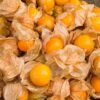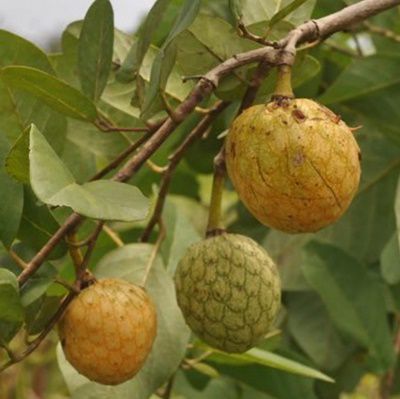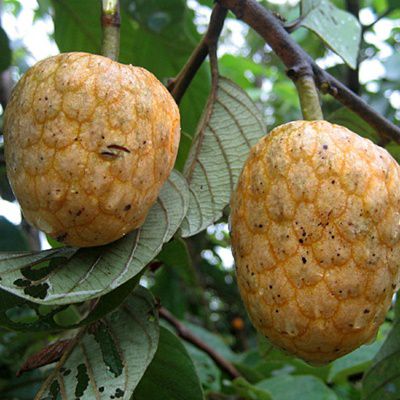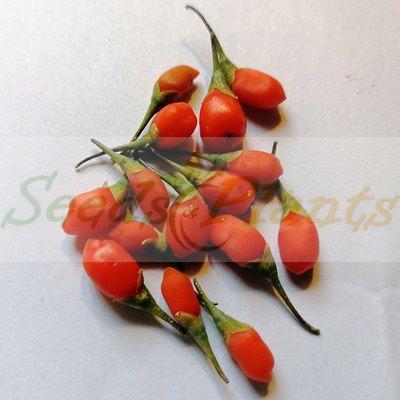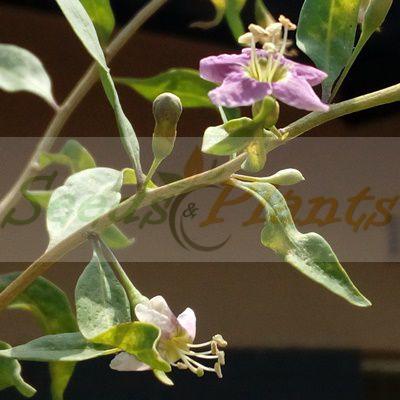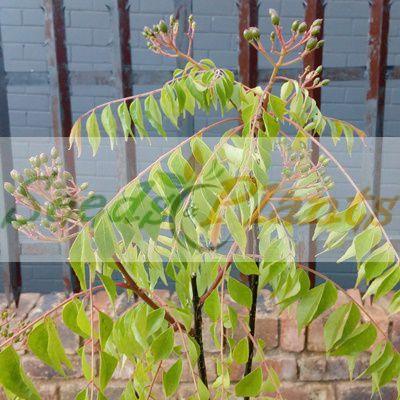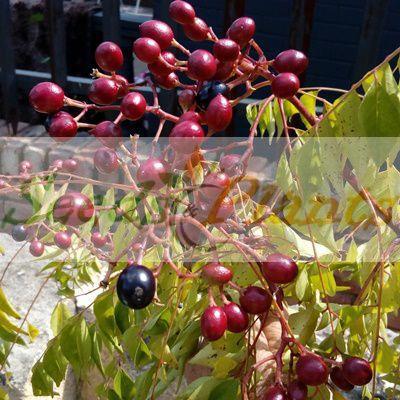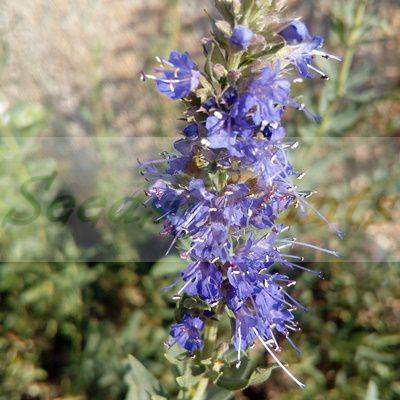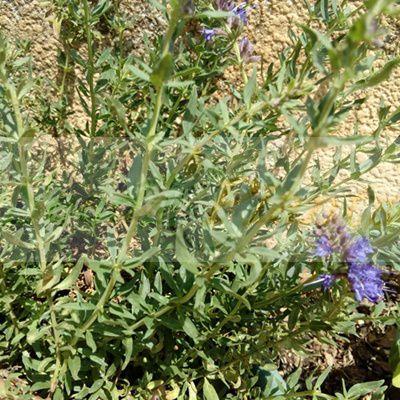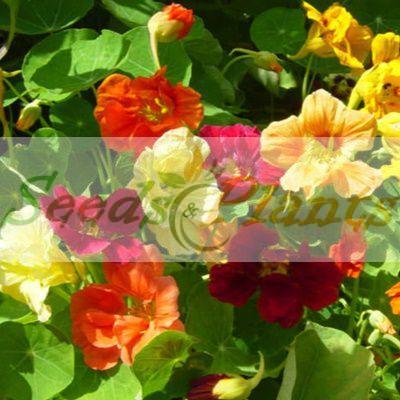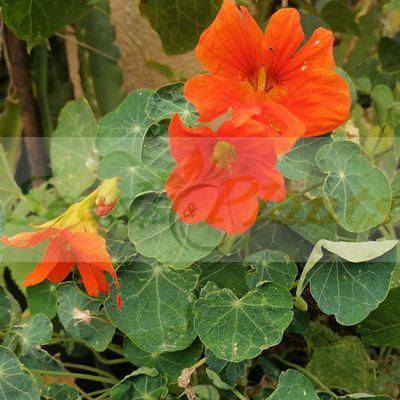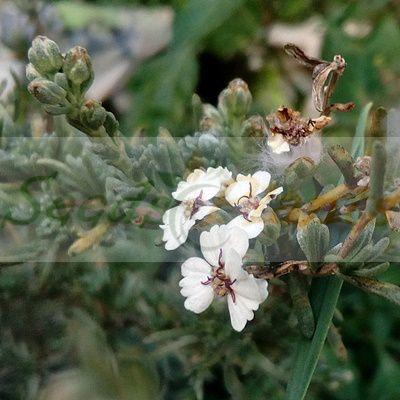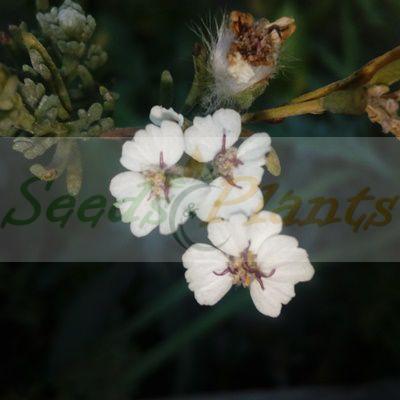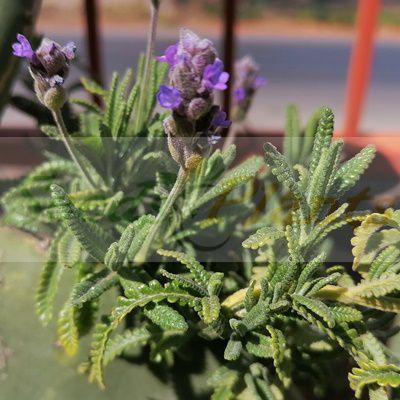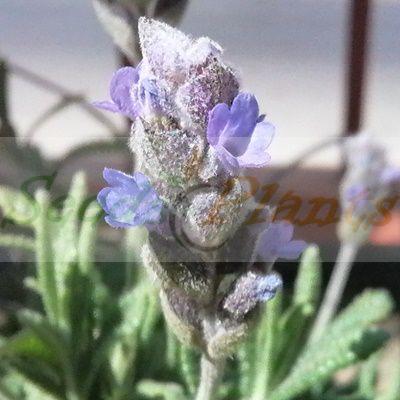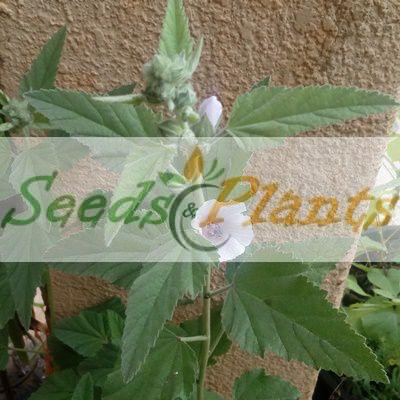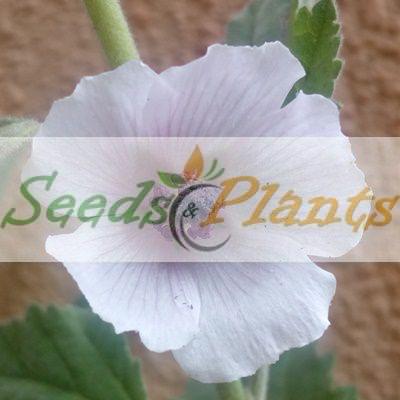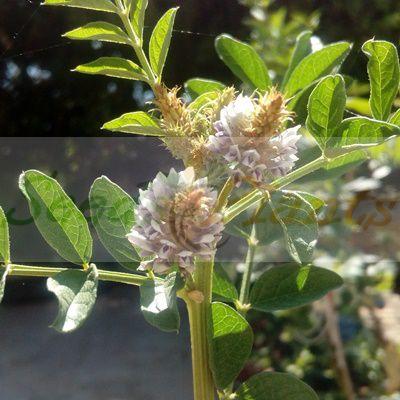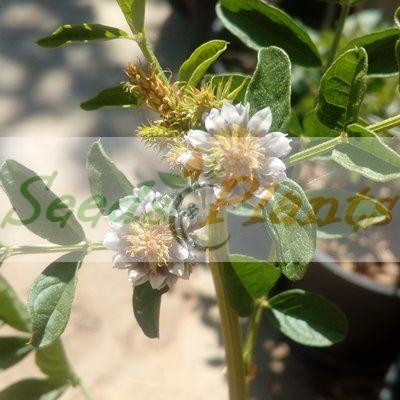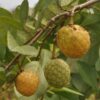🍒 Fruit Quick Facts
Fruit Info
- 🌍 Origin / Region: East Africa, Southern Africa, West Africa
- 🍽️ Culinary Use: Cooked greens, Desserts, Flavoring, Jams and Jellies, Juices and Syrups, Sauces
- 🥗 Edible Part: Flower, Fruit pulp, Leaf
- 😋 Flavor Profile: Pineapple-like, Sweet
Medicinal Info
- 🌿 Medicinal Part: Bark, Fruit, Leaf, Root
- 🍵 Herbal Preparation: Chewing, Decoction, Infusion / Tea, Inhalation, Juice, Maceration, Paste, Powder
- ⚕️ Healing System: African Traditional Medicine
Growth Traits
- 🌱 Life Cycle: Perennial
- 🌾 Plant Type: Tree
- 🔁 Fruiting Needs: Needs Only 1 Plant
- 🪴 Growth Habit: Shrub-like, Spreading
- 🌸 Flower Color: Cream, Yellow-green
- 🌿 Foliage Type: Deciduous
- 📏 Mature Height: 2-6m
- 🦋 Pollinator Method: Attracts Beetles, Self-pollinating, Weevils
Growing Requirements
- 🌞 Sun Exposure: Full Sun, Partial Shade
- 💧 Water Needs: Avoid Overwatering, Regular Water, Water Deeply
- ☀️ Growing Conditions: Drought Tolerant, Frost Sensitive, Heat Tolerant, Low Cold Tolerance
- 🟤 Soil Preference: Loam, Sandy loam, Slightly acidic, Well-Drained
Wild Custard Apple – 5 Seeds
(Annona senegalensis)
R30.00
The fruit is fleshy, amber, lumpy, oval-shaped and has a pineapple-like aroma.
Common names: wild custard apple, African custard apple (Eng.), wildesuikerappel (Afr.), umphofu (Zul.), umtelembu (Swa.), muyembe (Tso.), muembe (Ven.)
Indoor Sowing: Spring and Summer.
Direct Sowing: Spring and Summer.
Out of Stock
Email me when the product is back in stock.
🍒 Fruit Quick Facts
Fruit Info
- 🌍 Origin / Region: East Africa, Southern Africa, West Africa
- 🍽️ Culinary Use: Cooked greens, Desserts, Flavoring, Jams and Jellies, Juices and Syrups, Sauces
- 🥗 Edible Part: Flower, Fruit pulp, Leaf
- 😋 Flavor Profile: Pineapple-like, Sweet
Medicinal Info
- 🌿 Medicinal Part: Bark, Fruit, Leaf, Root
- 🍵 Herbal Preparation: Chewing, Decoction, Infusion / Tea, Inhalation, Juice, Maceration, Paste, Powder
- ⚕️ Healing System: African Traditional Medicine
Growth Traits
- 🌱 Life Cycle: Perennial
- 🌾 Plant Type: Tree
- 🔁 Fruiting Needs: Needs Only 1 Plant
- 🪴 Growth Habit: Shrub-like, Spreading
- 🌸 Flower Color: Cream, Yellow-green
- 🌿 Foliage Type: Deciduous
- 📏 Mature Height: 2-6m
- 🦋 Pollinator Method: Attracts Beetles, Self-pollinating, Weevils
Growing Requirements
- 🌞 Sun Exposure: Full Sun, Partial Shade
- 💧 Water Needs: Avoid Overwatering, Regular Water, Water Deeply
- ☀️ Growing Conditions: Drought Tolerant, Frost Sensitive, Heat Tolerant, Low Cold Tolerance
- 🟤 Soil Preference: Loam, Sandy loam, Slightly acidic, Well-Drained
Wild Custard Apple (Annona senegalensis) is a multi-stemmed, deciduous African fruit tree, growing to a height of between 2m – 11m. The bark is grey-silver, smooth to cracked with age and small branches are hairy, which become smooth as they mature. The leaves are simple, oblong to ovate. Flowering takes place in spring to early summer. The flowers are small and fleshy, about 30 mm in diameter, with pale yellow petals and 3 sepals that are free and smaller than the petals. The flowers are pollinated by various species of beetle and hand pollination can also be used when grown as a crop. The fruit is fleshy, amber, lumpy, oval-shaped and has a pineapple-like aroma.
Different parts of the plant have various uses. Leaves, flowers, and fruits are edible. The flowers are used in cooking and the leaves are eaten as a vegetable. Traditionally the plant also has many medicinal uses, such as in the treatment of viral infections, gastritis, yellow fever, malaria and more.
Common names: wild custard apple, African custard apple (Eng.), wildesuikerappel (Afr.), umphofu (Zul.), umtelembu (Swa.), muyembe (Tso.), muembe (Ven.)
Growing Wild Custard Apple
Indoor Sowing: Spring and Summer.
Direct Sowing: Spring and Summer.
- Scarify the seeds and then soak the seeds in water for about 2 days.
- Fill a pot with a mixture of river sand and well draining potting mix.
- Plant the seed in the pot and cover with the soil mixture.
- Water the soil mixture well and keep soil moist.
- Place the pot in a warm area that receives indirect light.
- Optimal germination temperature is between 25-28°C.
- Germination can take 30 days or longer.
Can this plant be used for culinary purposes?
Wild Custard Apple is traditionally used for culinary purposes such as cooked greens and desserts.
Does this plant have medicinal uses?
Traditionally, Wild Custard Apple has a history of use in African Traditional Medicine. Seeds are sold for cultivation purposes only.
Disclaimer
Medicinal Information:
All medicinal information on this website is for educational and informational purposes only and may not be construed as medical advice. The information is not intended to replace medical advice or treatment offered by healthcare professionals.
Seeds, Plants, Plant Cuttings, Geophytes and Dried Herbs:
In some countries and provinces, certain plants are deemed as invasive and are not allowed to be planted at all, whilst some plants are allowed to be grown only in certain areas or provinces. The onus is on you as the buyer to familiarize yourself with the regulations pertaining to your location, before purchasing any of our seeds, plants, plant cuttings, geophytes or dried herbs. We will not be held liable, should you purchase any seeds, plants, plant cuttings, geophytes or dried herbs. from us which are prohibited in your country or province.


